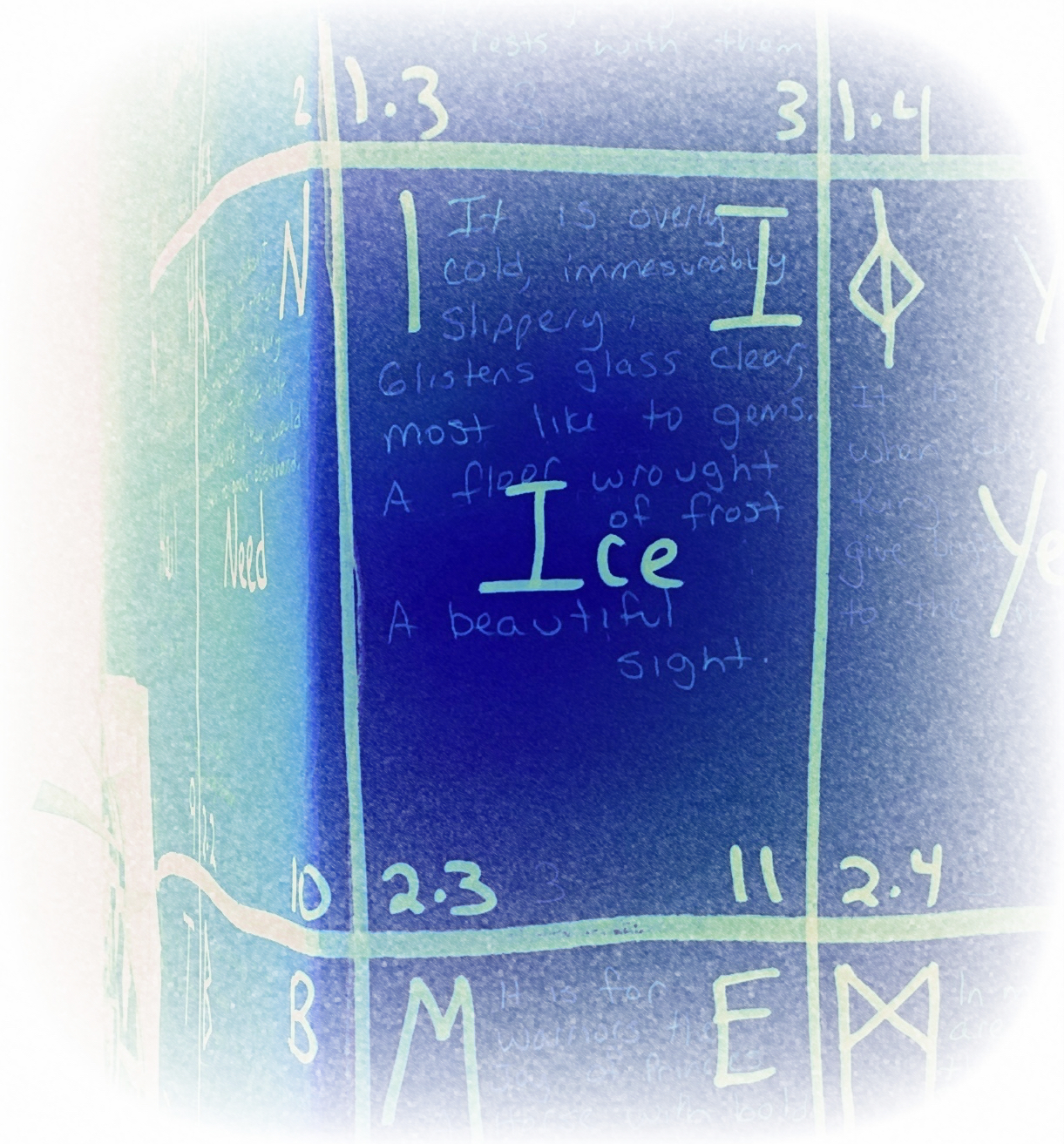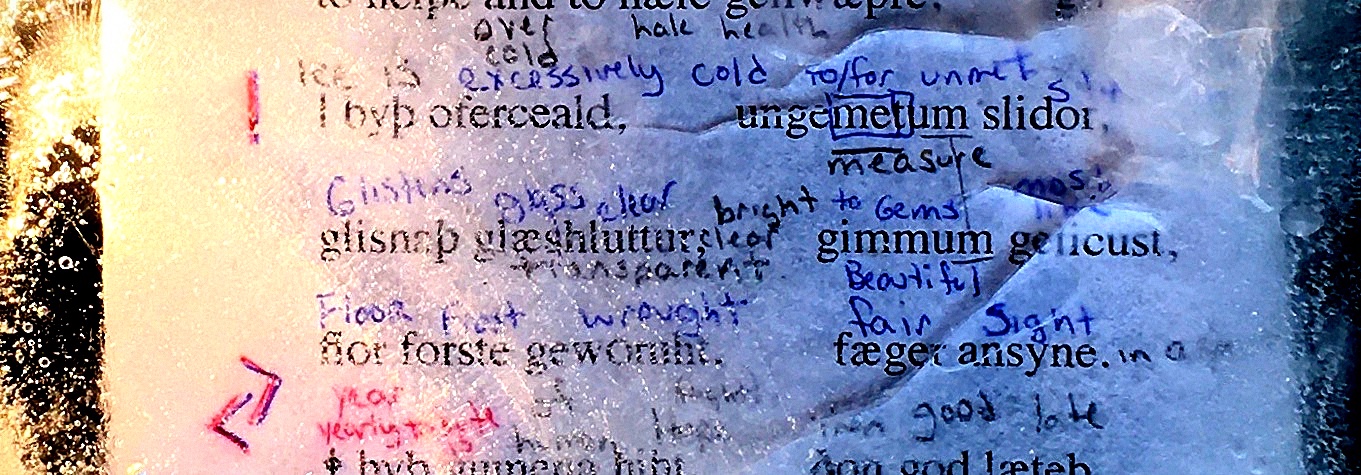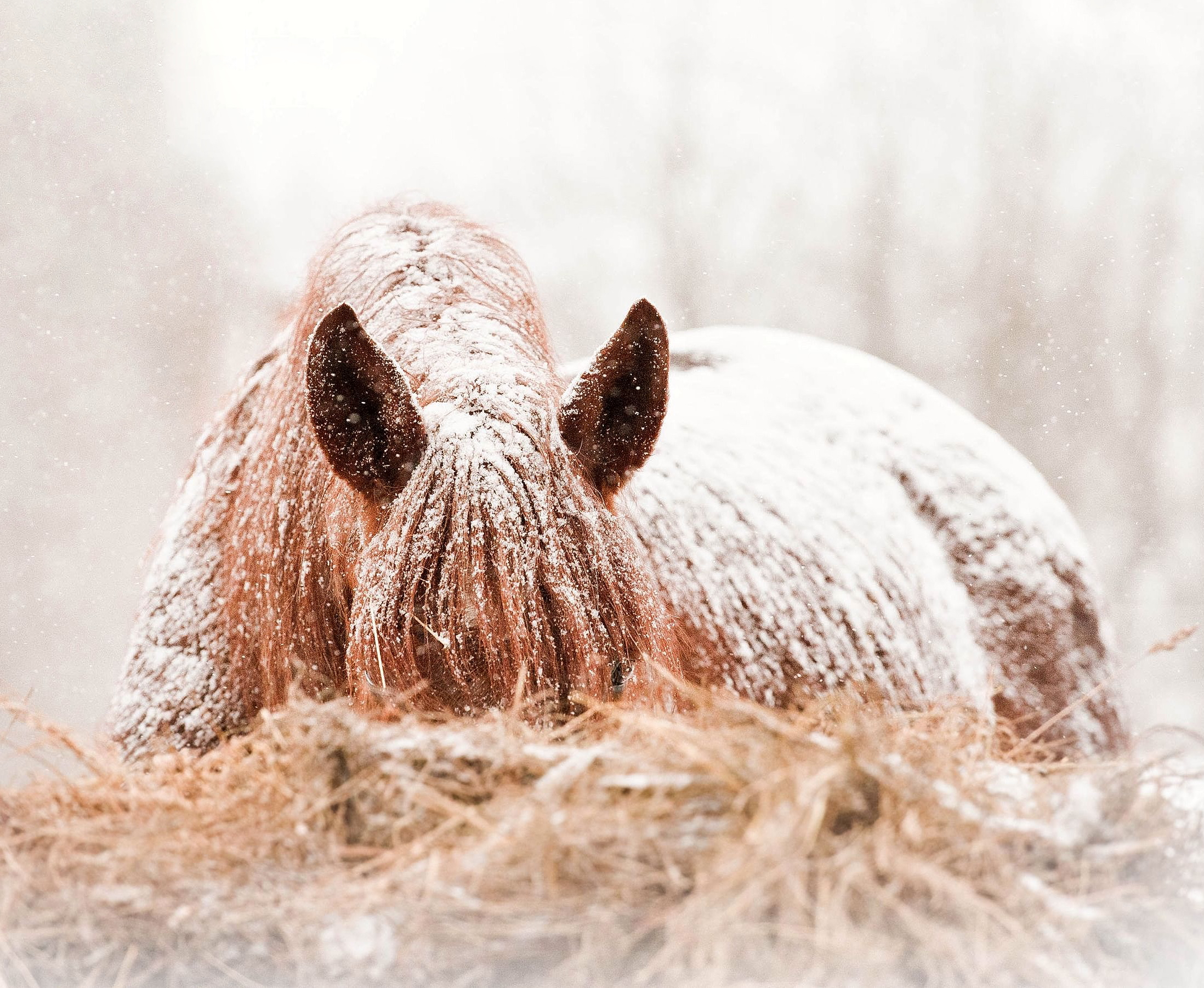 You want to stab somebody with an icicle. Good. It’s best when the murder weapon disappears. Here’s the plan:
You want to stab somebody with an icicle. Good. It’s best when the murder weapon disappears. Here’s the plan:
Acquisition of Murder Weapon
If you are harvesting from the wild, look for something sharp, sized for the hand. Cultivating your own icicle is preferable for the amount of control you have over the finished product. In this case find a steep roof and dribble water down a corner daily. Once ready, your icicle can and should be carved and shaped for a good penetrative point, but not one so slender it will break. There’s a middle ground here so you may wish to preform a few practice murders before the real one. Trial and error.
Placement of Murder Weapon
Is the crime scene cold? If it is, sky’s the limit. The best place to hide something is plain sight, right in everybody’s face. Try blending your weapon into a fancy ice sculpture. Or … More




 During the time of the Rune Poem, a properly kitted warrior owned a decent war horse to take to battle. These were bigger horses than the usual so they could handle a person wearing heavy armor, and they could even bite and fight with their hooves. With the right war horse, you can be unstoppable. Almost. What can stop a war horse? Ice. Ice is brutal for horse hooves. It can ball up under their feet until they are teetering on their own personal ice cubes. Have you ever fallen on ice? That’s not a soft landing. A horse can easily slip and break a leg on the frozen dips and grooves in a road, and if they fall right through a frozen lake or river good luck getting them back out. Have fun with that. A war horse, large and powerful, formidable in battle, is handily defeated by ice.
During the time of the Rune Poem, a properly kitted warrior owned a decent war horse to take to battle. These were bigger horses than the usual so they could handle a person wearing heavy armor, and they could even bite and fight with their hooves. With the right war horse, you can be unstoppable. Almost. What can stop a war horse? Ice. Ice is brutal for horse hooves. It can ball up under their feet until they are teetering on their own personal ice cubes. Have you ever fallen on ice? That’s not a soft landing. A horse can easily slip and break a leg on the frozen dips and grooves in a road, and if they fall right through a frozen lake or river good luck getting them back out. Have fun with that. A war horse, large and powerful, formidable in battle, is handily defeated by ice. You want to stab somebody with an icicle. Good. It’s best when the murder weapon disappears. Here’s the plan:
You want to stab somebody with an icicle. Good. It’s best when the murder weapon disappears. Here’s the plan: Cool it. Put it on ice baby love. Call an end to the hostilities and chill. You want to keep fighting this same fight? What are you battling exactly?
Cool it. Put it on ice baby love. Call an end to the hostilities and chill. You want to keep fighting this same fight? What are you battling exactly? 
 Vowel, high (mouth slightly open) front (tongue forward) unrounded lax (lips) = bit, unrounded tense = bite. Don’t bite your lips. I and Y were very similar in Old English,
Vowel, high (mouth slightly open) front (tongue forward) unrounded lax (lips) = bit, unrounded tense = bite. Don’t bite your lips. I and Y were very similar in Old English, 

